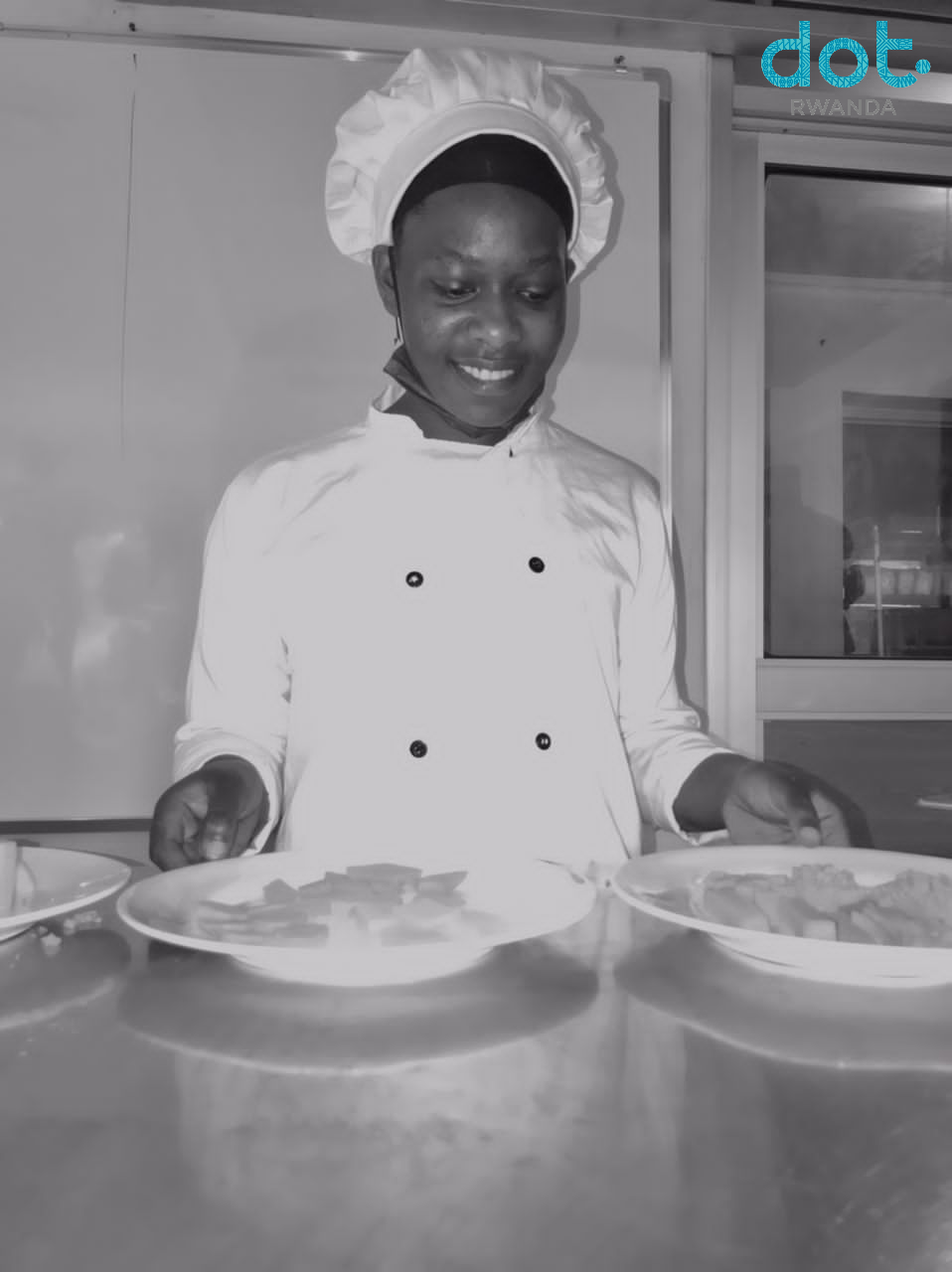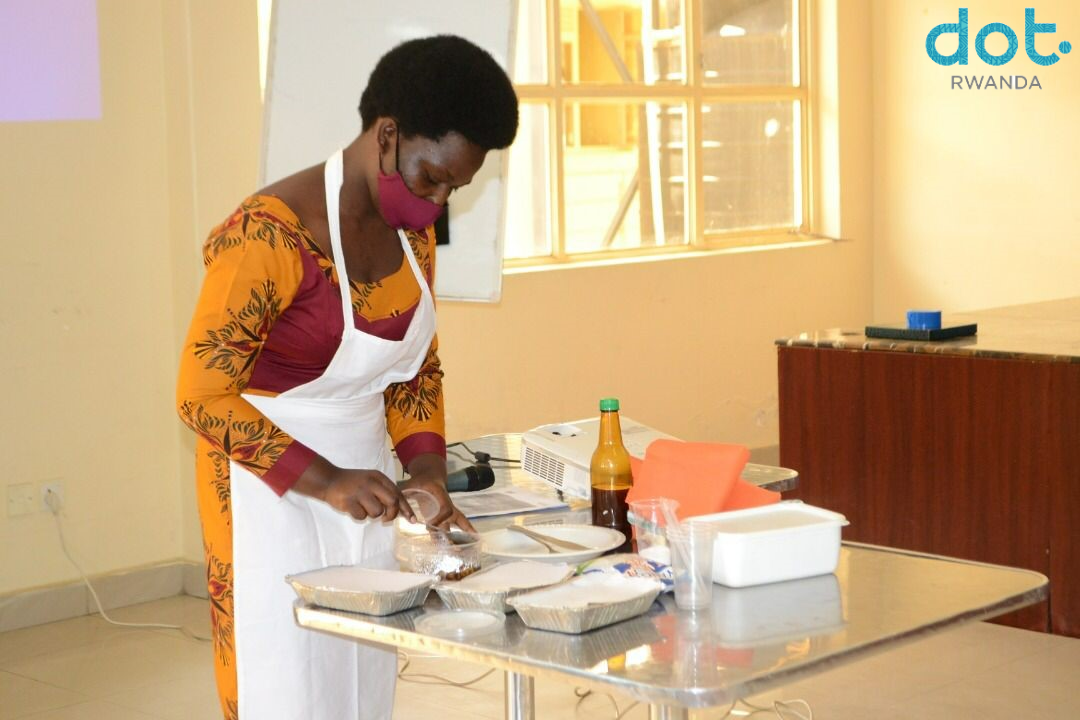The Inspiring Journey of FINA Mugwaneza: A Young Social Innovator Empowering Women Through Cassava Processing

In a small village in the Kamonyi district of Rwanda, FINA Mugwaneza had a dream to become a successful businesswoman. She saw the potential of cassava, a staple crop in her community, to be a source of economic opportunity for herself and other farmers. And so, she started a social enterprise that processes and supplies cassava products.
FINA’s innovation was to add value to cassava products by making cakes, mandazi, and chapati. This not only provided more benefits for cassava farmers but also gave consumers new and delicious ways to enjoy cassava. It was a win-win situation for everyone.
However, like many young entrepreneurs, FINA faced challenges in her daily business activities. The dynamic price of products on the market, weather conditions, and lack of machines were just some of the obstacles she encountered. But FINA was determined to overcome these challenges and grow her business.
She made savings to buy a decent machine that would make work easier and maximize production. She also sought help from DOT Rwanda through its GERA KU NTEGO program of the Daring to Shift project funded by Global Affair Canada to support young women and men (aged 18 -35 years) to identify opportunities to make a difference in their communities and turn their business ideas into enterprises that address important community challenges. DOT Rwanda provided her with both monetary and non-monetary support, believing in her ideas and helping her turn her dreams into reality.
Today, FINA’s business is thriving. She is employing three permanent workers and 15 wage-paid workers. And she has big plans for the future. In the next three years, she plans to expand her business from working manually to industrial with a decent machine. She also wants to increase the number of workers, especially women (80% women), empower them through training, and then offer them a job.

FINA’s story is a testament to the power of social innovation and entrepreneurship. By identifying a need in her community and finding a creative solution, she has not only improved the lives of cassava farmers, but also created jobs and economic opportunities for others. And she has done all of this with a commitment to empowering women, who have traditionally been marginalized in her society.
We can all learn from FINA’s example. Whether we are entrepreneurs, innovators, or simply members of our communities, we can look for ways to make a positive difference in the lives of those around us. By doing so, we can create a better world for all.
Written by Aime Iradukunda
DOT Rwanda YLAB Member
